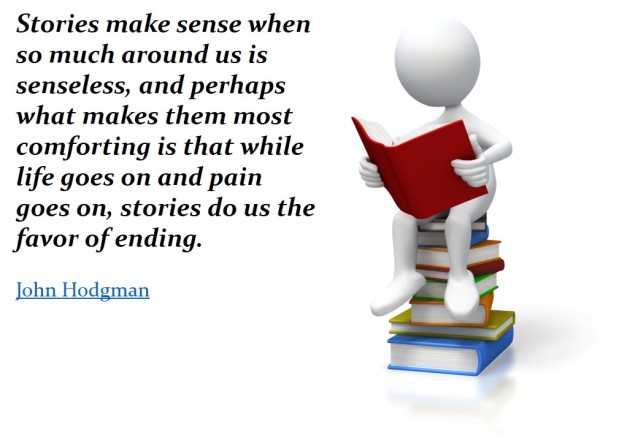As some of you may know, about two years ago, I chose to join my wife in her new real estate career … mostly just to show support, handle the “techie” stuff, and because I have long wanted to test something.
That “something” is the decades-old result of my taking a Holland vocational assessment (link leads to an interactive online version of the assessment) while in high school. The Holland code is often referred to as RIASEC., reflecting the six letters which represent basic vocational directions:

Realistic (Doers)
Investigative (Thinkers)
Artistic (Creators)
Social (Helpers)
Enterprising (Persuaders)
Conventional (Organizers)
Taking the assessment provides you with the three letters of the six above which appear to represent your preferences. The code is not about skill, ability, or aptitude, but simply what appeals most to you based on your personality.
It’s a combination of personality theory and vocational choice that has stood the test of time and is still used by many to assess and plan careers. I myself have used it off and on throughout work in management, education, social services, counseling, leadership development, training, and business/life coaching.
I Am Social, Enterprising, and Artistic (Original Order of My Holland Code)
On a personal level, I have taken versions of the instrument every now and then. Even with increasing and varied experience in different jobs and career fields, my results are amazingly consistent in terms of the three letters which describe me: SEA (Social, Enterprising, Artistic). The order changes sometimes, but the core elements remain and as I reflect on almost six decades of work, I can attest to the accuracy of this assessment, especially as it concerns the Artistic and Social elements of my results.
Being a real estate agent and REALTOR®, I am now in a position for the very first time to determine the accuracy of that Enterprising part.
All Work Involves Some Aspect of Selling, Influence, and Transaction.
We are all engaged in building relationships, whether those be with clients, customers, the public, our colleague or co-workers, those who report to us and those to whom we report, or anyone else with whom we come into contact.

However, for the first time in my working life, I am tasked with literally making my living through using whatever enterprising skills I have to create relationships. No paycheck occurs, unless I sell, first myself, then a “deal” to others.
So this is the forward direction for this blog. I have waited almost two years to begin this new journey, because I am just now starting to feel comfortable in this new role. As I can, I plan to share my reflections on how this is all working, mostly in three significant directions:
SELF-LEADERSHIP: How we handle ourselves when we work for ourselves
RELATIONSHIPS AND TEAMS: At the heart of both the sales process and collaboration in a world of self-employed people
THE SALES PROCESS: Elements and strategies for ethical and win-win transactions
I hope you will stay tuned for what is to come and react to whatever I offer in whatever way you deem fit.
John




 During her
During her 

You must be logged in to post a comment.